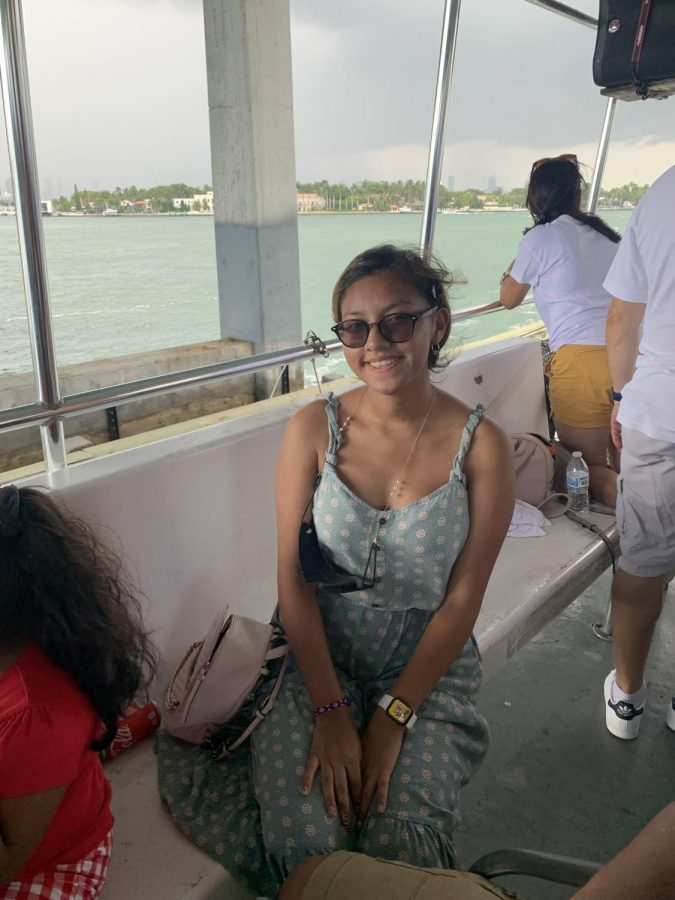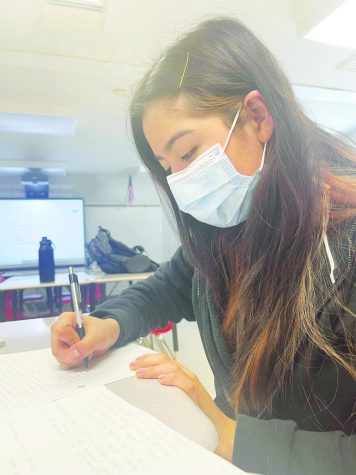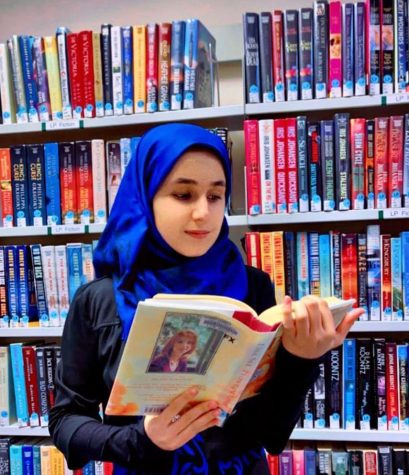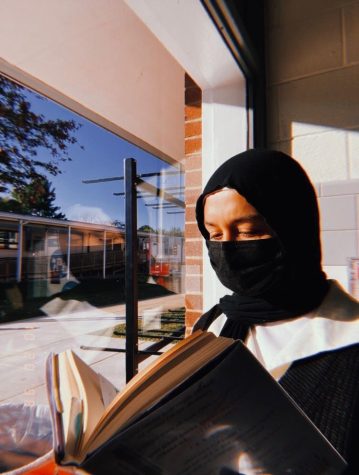Coming to America : Senior Cinara Galindo moves from Bolivia to America
At AHS, Hispanics take about 49.17% of the school and exactly 1,005 students take part in the Hispanic and Latino community.
Each year, AHS has gone deeper into more diversity regarding each race at the school which includes a large amount of Hispanic students.
Moving to America is quite a new change for those who are new to the country. The experience and the process is heavily influenced by how students at AHS go about their new life that will begin.
Senior Cinara Galindo moved to America from Bolivia on Oct.1, 2018. Bolivia is located in South America and Galindo lived in Cochabamba.
“When I first arrived in America, I did not know any English. The only phrase I knew how to say was ‘Hello my name is Cinara and I’m from Brazil’ and since then it did take a while to learn more English words,” Galindo said.
Originally, Galindo lived in Brazil and from Brazil she moved to Bolivia. Galindo lived in Caceres Mato Grosso.
“While I was in Brazil, I didn’t really remember much but I do remember that I could always go out to play without having to ask permission from my grandparents since I lived with them all my life,” Galindo said.
When Galindo moved to America, it was hard getting used to the new time management between her family.
“In Bolivia, we always celebrated day of San Diego and later on we would eat marshmallows over a campfire. Here in America, we don’t do that anymore since it became difficult for my parents to be with me often since they worked more frequently,” Galindo said.
This was just one of the many difficulties several students at AHS managed to over- come because moving to a new country was a whole different experience for them.
“One of the differences of America compared to Bolivia was the location. Everything was more organized here in America such as the streets, the shops and some of the residential areas,” Galindo said.
In America, Galindo felt that she had everything that Bolivia couldn’t manage to offer. Bolivia’s status in South America was at a low level with the poor amount of money offered in the country.
“In America, they offered help to people in need by giving food, money and much more. Many people in Bolivia needed the same opportunities to get such resources as here,” Galindo said.
When Galindo arrived in America she was shocked with the amount of respect she received and the diversity of so many other cultures celebrated there as well.
“The truth is that in America there were different people, different cultures and different perspectives,” Galindo said.
The different people did also bring a space of emptiness in one’s presence.
“What I miss so much about my country is the food and it’s also my family and my friends that make me miss Bolivia ever since I’ve been here in America for over three years,” Galindo said.
Galindo was able to communicate in English throughout those three years but she still continues to improve her fluency in English. She had support from her family along her journey.
“The person who helped me get to where I am today and who was my motivation to constantly do better was my mother,” Galindo said.
Galindo finishes her final year as a senior but hasn’t yet decided what university she plans on going to but she hopes that she’ll be able to go to NOVA.
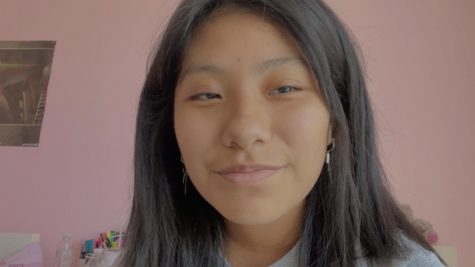
Freshman Brianna Montevilla is currently a first year international editor for the A-Blast. Her interest in journalism began when she worked on the yearbook...



